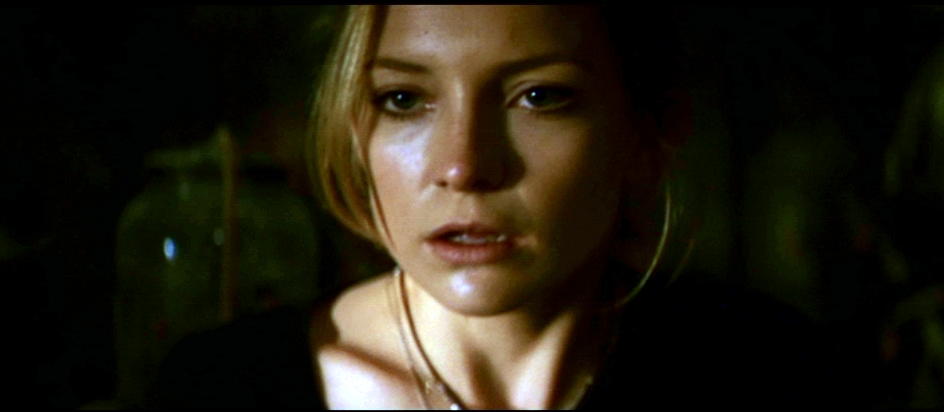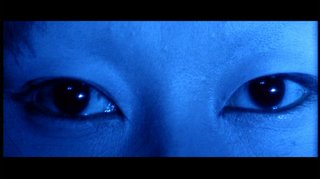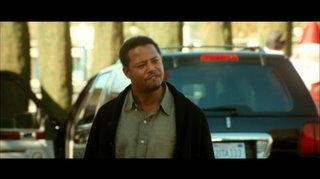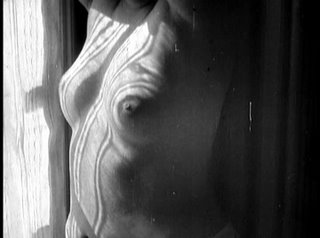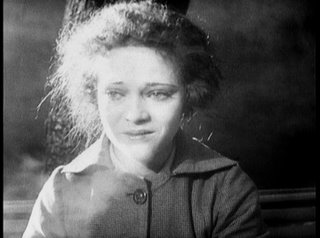Something New: Sense and sensibility [movie note]
Written by Kriss Turner
Directed by Sanaa Hamri
Manohla Dargis posits the blind date scene alone "says more about racial anxiety that the entirety of Crash"; which I think is overstating things, but I certainly agree that Something New is the better movie of the two. Sadly, despite being loved by just about all the critics (except Dave Kehr, who perhaps stumbled into God's Step Children by mistake) it seems no one's going to see it, more because of shitty marketing than audience racism -- well it's a combination of course; the ads positioned it as a black movie, and well, it is, but much of the nonblack audience who wouldn't see a black movie would see an interracial one, maybe. No part of the movie is exceptional, and it's a little bourgie: Sanaa Lathan, as Kenya ("named after the African country" -- most superfluous phrase I've ever read in a review, but it's my own fault for reading reviews from Box Office Mojo) ends up with more of what she wants than anyone really gets. But it kept me smiling throughout; its moments of wisdom are a bonus.
Hamri, apparently the first director named Sanaa ever, has some good ideas for shots, which she executes, pace Mr Kehr, not ineptly but imperfectly. The whirling camera around the girltalking table is this close to being a terrific sequence: just a few fewer cuts and it'd be spot on. The morning after sequence in the bedroom is lit like soft focus pseudoporn, but fuck it, it's brilliant, shifting its attention from Simon Baker's face in the background to his finger on Lathan's face in the foreground before bringing them in focus together. Then he paints her toenails.
Lathan knows she might get another decent role for six more years, and she works hard here, though she never dominates the movie: purposefully stiff at first, I suppose she could relax her body more later on, but she does enough with her face to hold the story together. Baker takes the thankless role of the Ideal Mate (aside: the black people are prejudiced and the whiteboy is saintly; screenwriter Kriss Turner, who like Hamri is an African-American woman, risks very thin ice here) and nuances it: at ease with Lathan, he's excellent at projecting discomfort when black men are around; in a way this makes the movie. Still, the two of them leave scenes ripe for stealing, with small robberies carried out by Donald Faison and his parade of ain't-gold-digger girlfriends, and Kenya's posse, including Taraji P. Henson, who needs a lead in a non-John Singleton movie now. In a minor role as the Good Father, Earl Billings gets a big scene to steal, and almost takes the movie. Still, I think Baker takes top honours -- but, as the movie asks, is it prejudiced to express a preference? Yes it is -- but some prejudices are worse than others.
A MINUS
